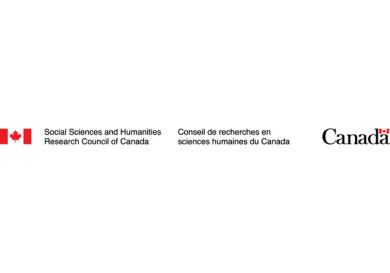This interdisciplinary edited collection brings together scholars, activists, and policy makers to build consensus around what a connected society means for Canada. The collection offers insight on the state of citizenship in a digital context in Canada and proposes a research and policy agenda for the way forward.
This collection continues a unique conversation started as part of the Connected Canada initiative, launched in 2017, and extends the research agenda previously outlined in the Canadians in a Digital Context report. The chapters also summarize and synthesize existing work for a Canadian policy audience.
Part I examines the current landscape of digital civic participation and highlights some of the missing voices required to ensure an inclusive digital society. Part II explores the relationship between citizens and their political and democratic institutions, from government service delivery to academic and citizen engagement in policy making. Part III addresses key legal frameworks that need to be discussed and redesigned to allow for the building and strengthening of an inclusive society and democratic institutions.
This is a foundational resource for policy makers, students, and researchers interested in understanding the specific Canadian context of citizenship in a digital context.




